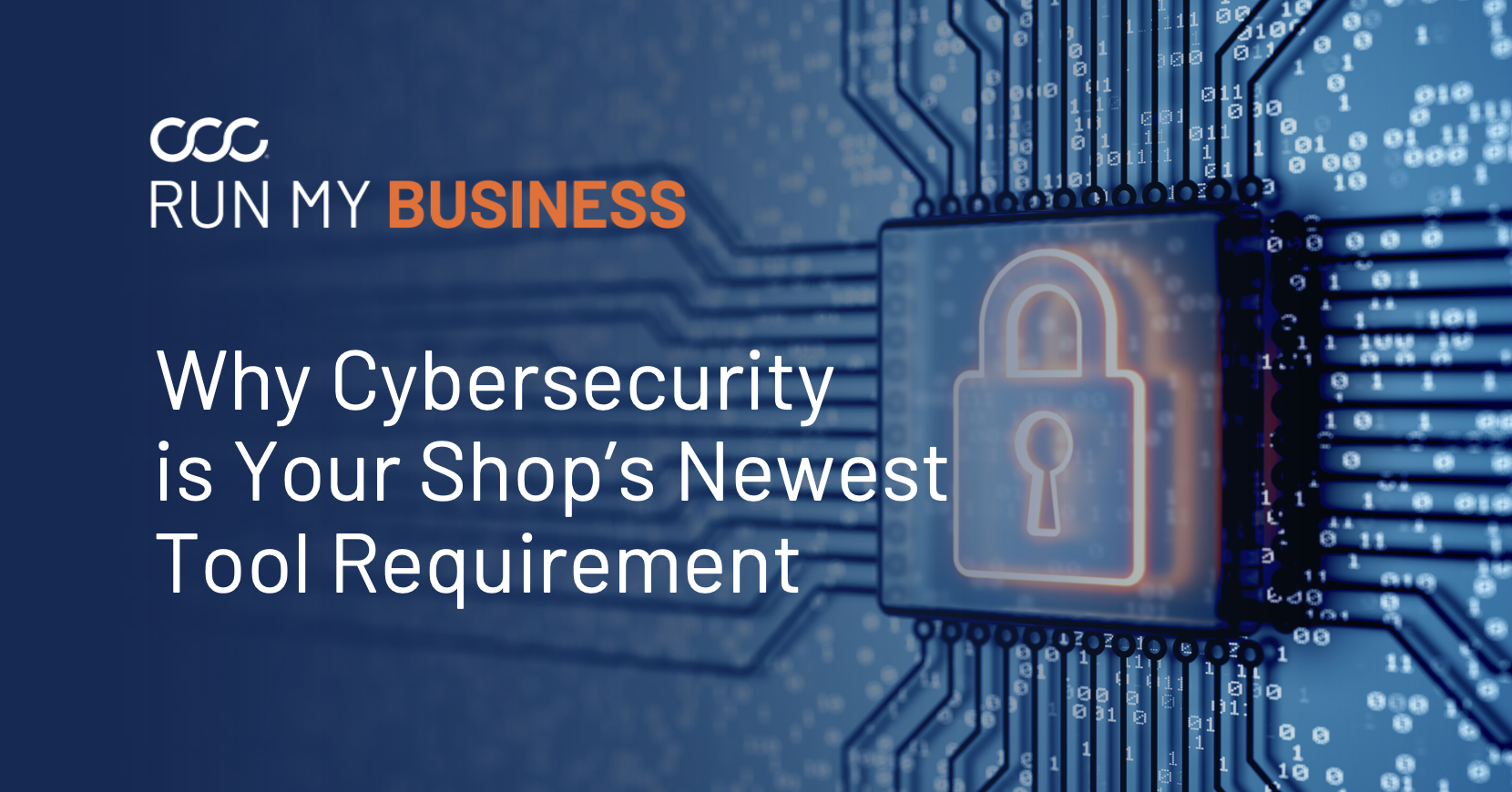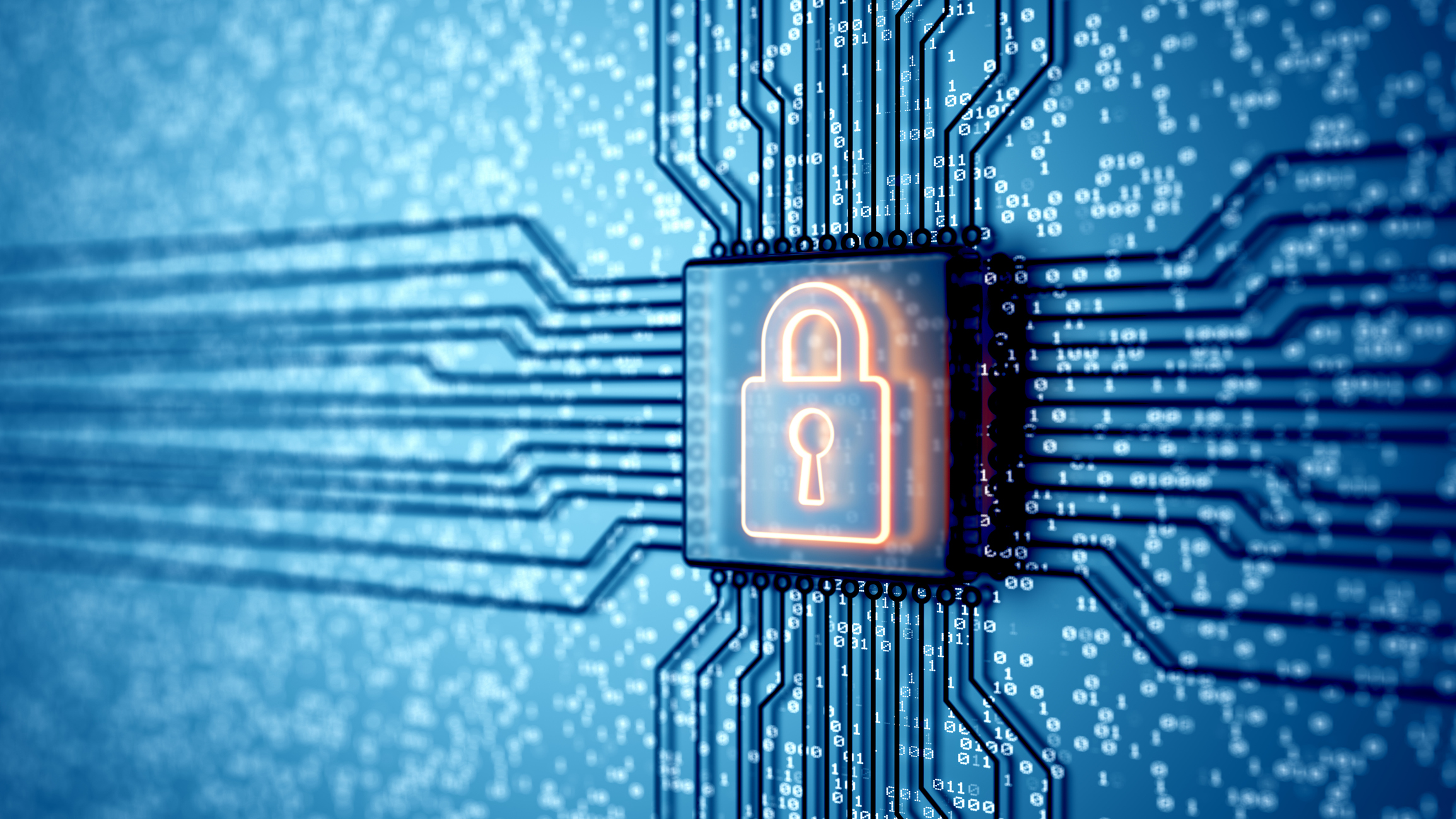Electric vehicles aren’t just the latest model to roll off the assembly line –– they're a completely different animal, and not just from a mechanical perspective. EV popularity exploded this year and with new environmental protection laws in place, and that growth will only continue over the next few years. Change is coming, but there are things you can do to get ready for the EV revolution.
1. Install On-Site Rapid Chargers
EVs run on batteries that need to be charged, and having rapid chargers on-site can be a game-changer for your shop. When an EV comes in for repairs, it might need to be charged before it can be properly assessed and tested. Using rapid chargers will keep more vehicles ready for diagnostics and test drives, minimizing delays and streamlining repairs. This can significantly reduce cycle times and improve customer satisfaction.
2. Get Familiar with EV Repair Procedures
EV structures and components are obviously very different from traditional ICE vehicles. Repair technicians must receive specialized training to understand EV-specific repair procedures. Train yourself and your team on the details of high-voltage systems, battery packs, and electric drivetrains. Staying up to date with manufacturer guidelines and training programs with products like CCC® Repair Methods can ensure your technicians are well-equipped to handle EV repairs safely and efficiently.
3. Prioritize Calibrations
Calibrations play a crucial role in ensuring the safe and proper functioning of various systems in an EV. After physical repairs have been done, ADAS systems, radar sensors, and cameras must be recalibrated to maintain their accuracy. Failing to perform calibrations correctly can compromise vehicle safety and performance. While subletting is an option, the increasing need for these operations makes it worth considering investing in calibration equipment. Technicians also need specialized training to perform this work properly.
4. Build a High-Voltage Safety Protocol
The batteries that power EVs must be handled with care as an imbalance could cause a "thermal event" that could be catastrophic to your shop. The high-voltage systems in EVs demand a rigorous safety protocol. Make sure your technicians are prepared to handle high-voltage components safely. You may need to invest in personal protective equipment like insulated tools and high-voltage gloves, as well as education around how to properly disconnect the battery. You’ll also want to enforce strict protocols for identifying and mitigating potential electrical hazards to protect your team and your customers' vehicles.
5. Stay Informed on EV Industry Updates
The EV industry is constantly changing, with rapid advancements in technology, regulations, and best practices. It's crucial to stay informed on the latest developments by regularly attending industry conferences, workshops, and training sessions that focus on EV repair and maintenance and engaging with trade groups and online forums to network and share insights. Knowing what’s ahead will make it easier to adapt your shop’s repair processes, tools, and training to meet the latest standards, ensuring your shop stays at the forefront of EV repair expertise. This not only benefits your business, but also ensures that you're providing the best possible service to your EV-owning customers.
Getting Your Shop EV-Ready
The rising popularity of electric vehicles brings both opportunities and challenges to collision repair shops. Help your shop stay ahead of the curve and start preparing today. As the EV market continues to evolve, embracing these five tips will position your shop as a trusted destination for EV repairs, driving customer loyalty and boosting your reputation.







